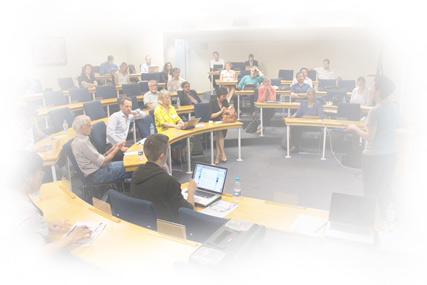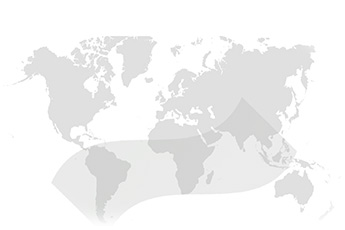Engaging with the “world beyond”: The impact of OER on practices in teacher education institutions in East Africa
Project overview
Project outputs
General Objective: This study examines the influence and impact of OER use in six teacher education institutions in three East African countries.
Specific objectives:
- Deepen understanding of the factors which help to influence teacher educators’ perceptions of the possibilities for pedagogic action with OER
- Deepen understanding of the factors which help to influence teacher educators’ perceptions of the possibilities for pedagogic action with OER
Research questions:
- What role does OER engagement play in enabling change to more effective pedagogic practices within teacher education?
- In what ways does OER engagement influence teacher educators’ epistemology?
- What structural and cultural factors act to influence teacher educators’ ability to achieve agency with OER?
Overview
Across the world there is great concern about the quality of education, with research studies in South Asia and Sub-Saharan Africa highlighting disturbingly low learning gains on basic skills per year of schooling for large numbers of pupils (Beatty & Pritchett, 2012). National policies have advocated a shift towards learner-centred education and the quality of teacher education is recognised as a critical but neglected factor in facilitating this shift (UNESCO, 2014) to improve classroom practices, particularly as relates to teacher educators’ use of learner-centred pedagogies in teacher education programmes. The potential benefits of OER for increasing access to quality teacher education in low-income countries have been well-articulated (Moon, 2013), but to date there has been little work on exploring how teacher educators utilise OER in their practice and the impact of OER use on their practices.
This small scale enquiry starts to address this gap by examining OER use within teacher education in three contrasting settings in East Africa – Mauritius, Tanzania and Uganda, each with national policies supporting the enactment of learner centred education. The empirical work was situated in six teacher education institutions which had previously reported involvement with OER initiatives and some use of OER within their provision. The study takes a socio-cultural approach and draws on in-depth interviews with teacher educators in each institution to attempt to understand their perceptions of the possibilities for action with OER and the impact of these actions in relation to their pedagogic practice.
Analysis suggests that as access to digital resources improves educators are beginning to experiment with more interactive and participatory practices in their teaching sessions, moving towards greater use of problem solving activities and drawing on a wider range of knowledge sources. But the innovation in practice and transformation in pedagogy promised by OER is still relatively fragile, confined to a few converts working independently or with one or two collaborators within each institution. For these OER champions the potential offered by OER resonates with their beliefs and values about effective teaching and their view of the teacher they want to be. These OER champions have elements of historic identity formation which influence how they respond to the OER, enhancing their confidence to take risks in moving beyond conventional practice. They are able to subjugate the OER to their own practice requirements – their own and their students’ learning needs – in their specific setting . For them OER act as a practice tool in extending their agency to move towards more participatory pedagogy.
But in all institutions there were structural and cultural factors acting to limit agency with OER beyond the OER champions. The demands of the curriculum and assessment, professional identity, digital skills, provision of equipment and connectivity, values and cultures of collaboration were all important in enabling or constraining teacher educators to achieve agency with OER.
References
Beatty, A. & Pritchett, L. (2012) ‘From schooling goals to learning goals: how fast can student learning improve?’, Centre for Global Development, Policy Paper no.12, September 2012. Retrieved from
Moon, B. & Villet, C. (2016) Reforming Teacher Education to Promote Access, Equity and Quality in Sub –Saharan Africa Vancouver: Commonwealth of Learning
UNESCO (2014) Teaching and learning: achieving quality for all, Education for All Global Monitoring Report, Paris: UNESCO
Wolfenden, F. (2017). Conceptualising Open Educational Practices in teacher education in East Africa. Presented at Open Education Global Conference, 8-10 March 2017, Cape Town. Retrieved from https://www.slideshare.net/oeconsortium/conceptualising-open-educational-practices-in-teacher-education-in-east-africa




[…] SP10.1: OER Impact in teacher education in East Africa […]